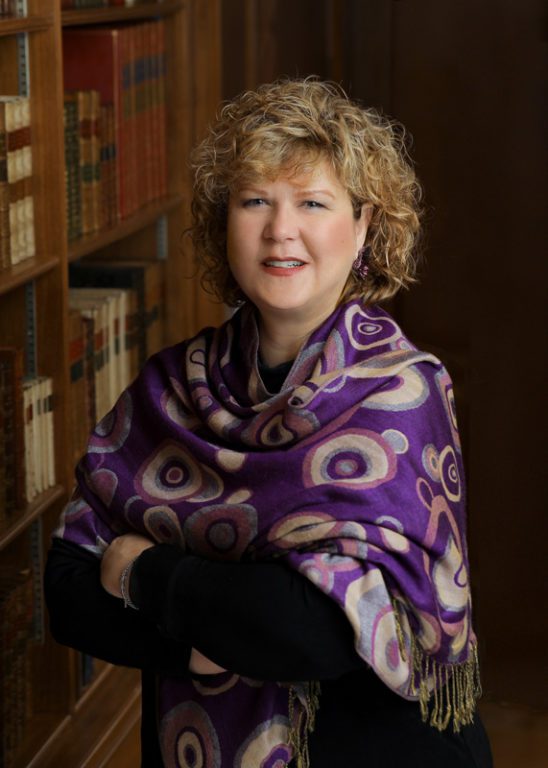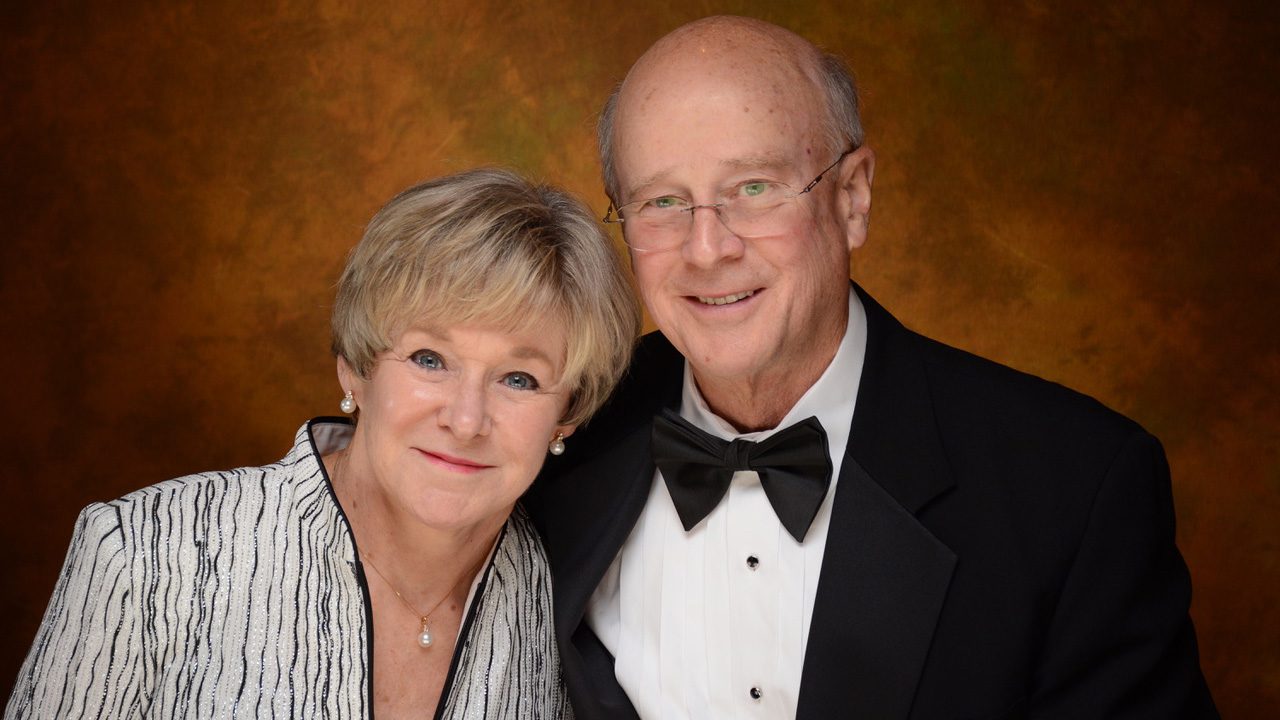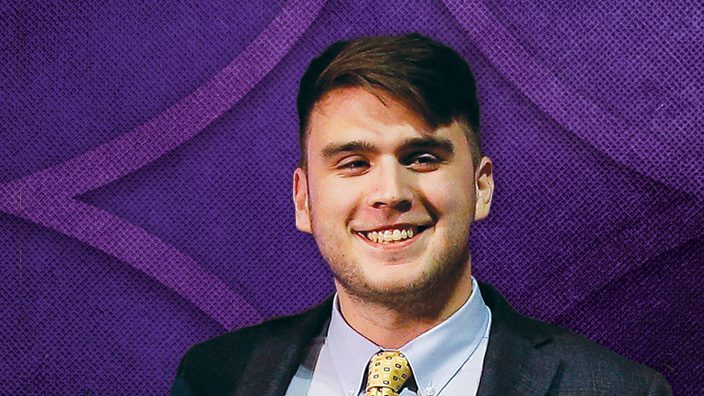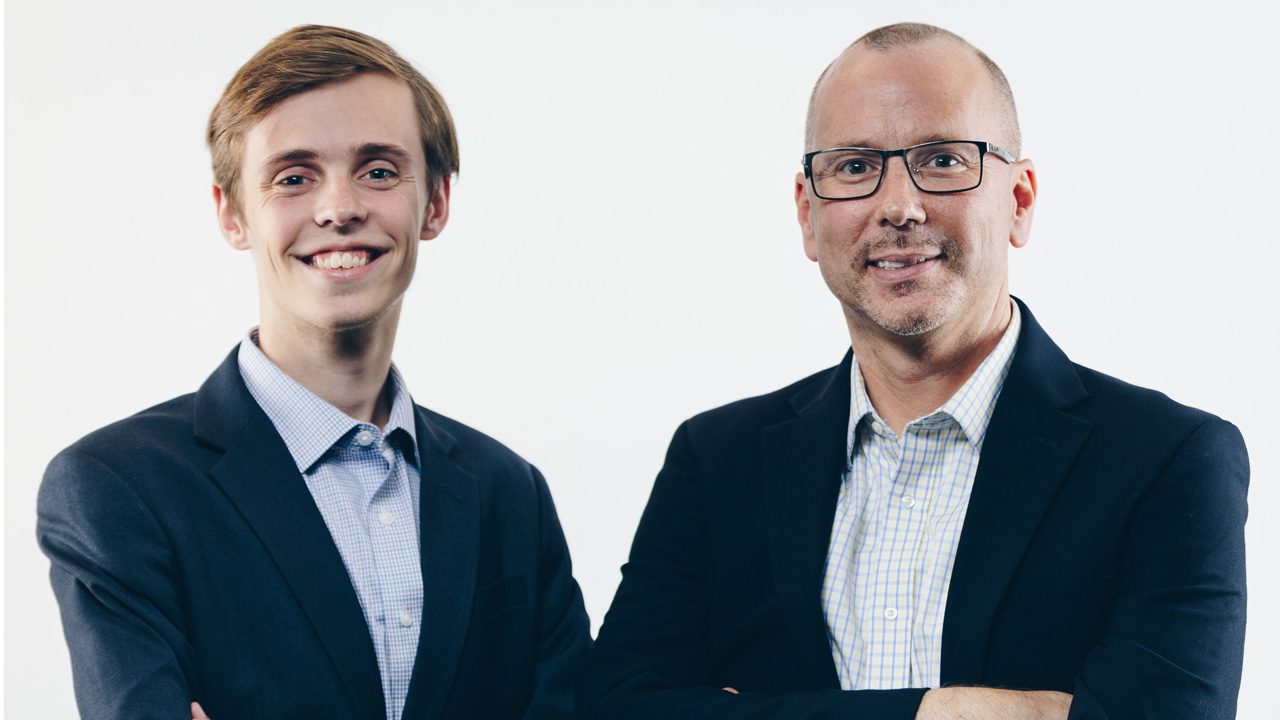
Resilient Furman
We’re all stronger together.
By Elizabeth Davis
What will you remember about the pandemic? For me and probably a lot of you, the suddenly central role of technology in our lives will stand out. We’ve become more accustomed to interacting through our digital devices, whether for work meetings, family celebrations, doctor’s “visits” or simply gatherings with friends.
This issue of Furman magazine reflects this change, too, as you’ve no doubt noticed.
Offering you this fall issue of Furman magazine solely through your computer or mobile device instead of as the print magazine you’ve always found in your mailbox is a break from tradition and a first for the university. Our decision to go purely digital for this issue was a difficult one. But it represents just one of the adjustments we have made to position the university for financial stability amid this deep, unexpected disruption.
Of course, resilience is in Furman’s DNA. This issue tells the stories of our resilient alumni and campus community, among many others. We celebrate the faculty and staff who immediately went to work during the spring to transition traditional classroom instruction to remote learning. They trained one another, virtually rallied their students and put health protocols into place – all while experiencing all of the same anxieties the rest of us did: Is it safe to go to the grocery store? What do I do with my children who are supposed to be in school? Is that “a symptom” I’m feeling or something benign?
Amid the uncertainty and change, Furman faculty, staff and students pushed through it. Judy Bagley, who leads our services for accessibility, put it well: “Furman has stepped up, and it makes me proud to work here.”
Meanwhile, sources of determination among our alumni family also nourished our resolve – from the music alumna refining her art until the opera season resumes, to the brothers helping to provide personal protection equipment to those in need, to the medical resident celebrating the heroism of the nurses who cared for her as she herself recovered from the virus. We are seeing a new awareness of our shared fortunes, between neighbors, coworkers, friends and strangers, as instances of sacrifice and ingenuity reshape our culture. In fundamental ways, pushing through this pandemic calls on us to live the ideals of the liberal arts and sciences – as the crucial stitching of our social fabric. And Furman is doing just that.
The very qualities at the university’s heart – our powerful culture of mentoring and belonging on campus – made the shift to remote learning more jarring for each of us. As Susan Dunnavant, director of learning technologies for Information Technology Services, put it, “Interacting remotely is not the same as the personal attention so highly prized at Furman.”
But here’s the thing about resilience at Furman. That same uniquely felt hardship that sprung from the disruption to our community stems from the very same quality that helped us adapt with such agility and shared responsibility to all.
What will you remember about the pandemic after we have emerged from it? For me, it will be the profound isolation and loss, certainly. But those memories will be joined by the unforgettable stories of the Furman family’s resilience.



